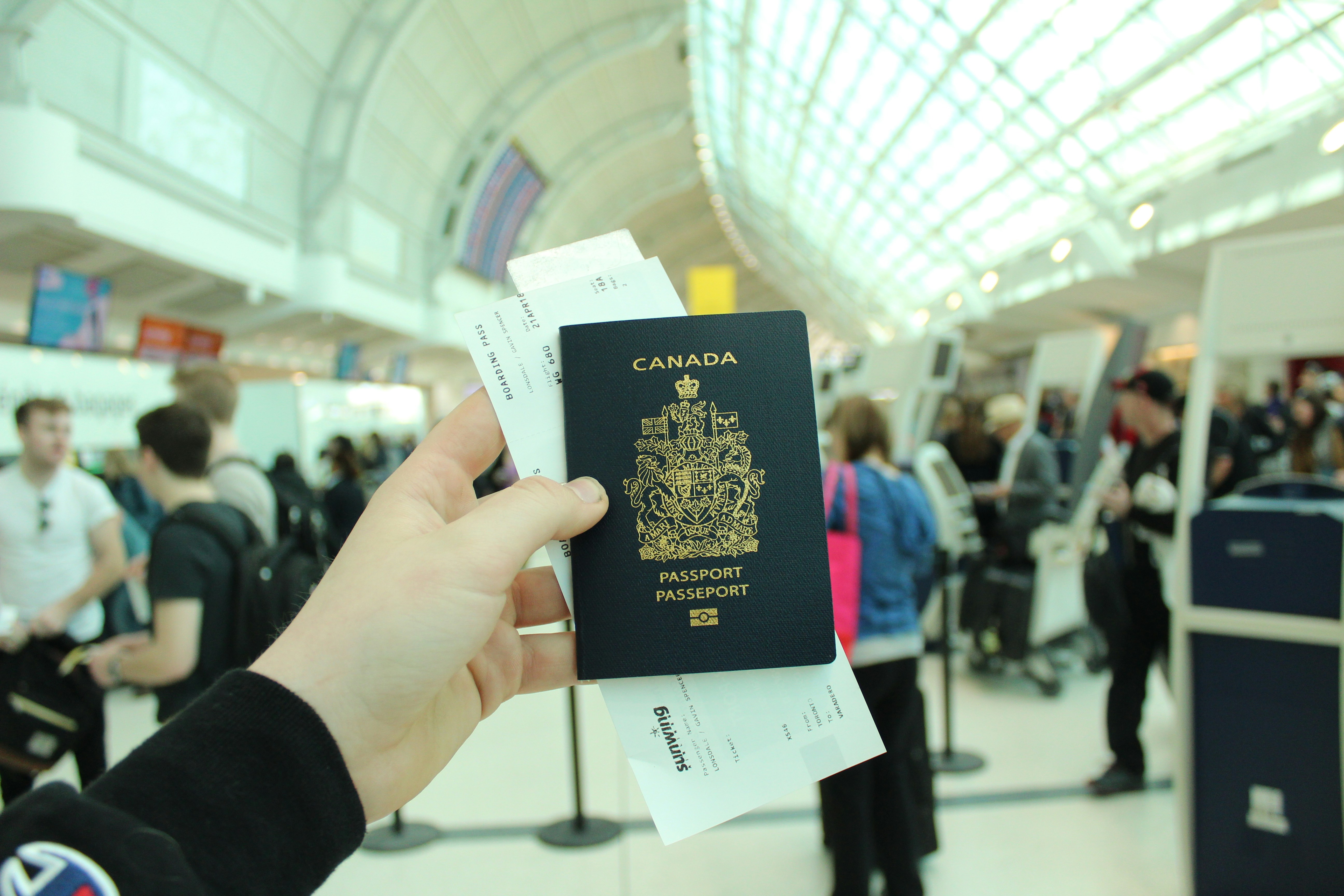WASHINGTON D.C. – A bipartisan bill known as the Canadian Snowbird Visa Act has been recently introduced in the U.S. House of Representatives, aiming to extend the amount of time Canadian citizens, particularly those aged 50 and over who own or lease property in the United States, can stay in the country without a visa. This development comes amid concerns about declining Canadian tourism to the U.S. and stricter enforcement of existing immigration rules.
- New Bill Introduced: The Canadian Snowbird Visa Act has been reintroduced in the U.S. House of Representatives on April 29, 2025.
- Aiming for Longer Stays: The bipartisan bill proposes allowing eligible Canadian citizens aged 50+ who own or lease U.S. property to stay for up to 240 days annually, extending the current 182-day limit.
- Next Steps: The bill has been referred to House committees for consideration, marking the latest development in efforts to ease travel restrictions for Canadian snowbirds.
Understanding the Proposed Act
The “Canadian Snowbird Act” seeks to modify current U.S. immigration law, which generally limits visa-free stays for Canadians to a maximum of 182 days per year. If passed, this new legislation would allow eligible Canadian citizens to stay for up to 240 days annually.
Key proposed provisions of the bill include:
- Age Requirement: Applicants must be Canadian citizens aged 50 years or older.
- Canadian Residence: They must maintain a primary residence in Canada.
- U.S. Residence: Applicants must own or have a lease agreement for a residence in the U.S. for the duration of their stay.
- No Employment: Individuals staying under this provision would be prohibited from working for U.S. employers (with exceptions for remote work for non-U.S. based employers).
- No Public Assistance: They would not be eligible to receive most forms of U.S. public assistance.
- Non-Resident Tax Status: Those admitted under this act would retain their non-resident alien tax status.
- Spousal Provision: The spouse of an eligible Canadian citizen could also be admitted under the same terms, without needing to independently own or lease a U.S. residence.
The sponsors of the bill argue that extending the allowed stay for Canadian snowbirds would provide a significant boost to the U.S. economy by encouraging more spending in local communities, particularly in states like Florida and Arizona that are popular winter destinations for Canadians.
Current Rules for Canadian Visitors in the U.S.
Currently, Canadian citizens can generally enter the United States for tourism or business purposes for up to 182 days without needing a visa. This is typically granted at the port of entry, and an I-94 form may be issued to track their entry and authorized stay.
However, recent changes have seen stricter enforcement of regulations. As of April 11, 2025, all visitors to the U.S., including Canadians, who stay for longer than 30 days are required to register with the federal government and carry proof of this registration. Failure to comply could result in penalties, including fines and even imprisonment. While this new requirement has caused some concern and opposition from Canadian snowbird associations, immigration lawyers note that the registration process itself has been relatively straightforward for those affected. Importantly, Canadians arriving by air or those issued an I-94 at a land border upon entry may not need to register separately.
Latest Progress of the Bill in Congress
The Canadian Snowbird Visa Act was recently introduced in the House of Representatives on April 29, 2025. It has been referred to the House Committee on the Judiciary and the House Committee on Ways and Means for further consideration.
This is not the first time such legislation has been proposed. Similar bills have been introduced in previous congressional sessions but have not been enacted. The current bill, sponsored by Representatives Elise Stefanik (R-NY), Laurel Lee (R-FL), and Greg Stanton (D-AZ), has garnered bipartisan support, which proponents hope will increase its chances of success.
Immigration lawyers and the Canadian Snowbird Association have expressed optimism about the bill, seeing it as a positive step towards easing travel for a significant number of Canadians who contribute to the U.S. economy. However, concerns have been raised in Canada about potential impacts on the Canadian economy, healthcare systems (as extended stays abroad could affect provincial health coverage eligibility), and potential U.S. income tax implications for those who stay longer.
The bill will now undergo the legislative process, which includes committee hearings, potential amendments, and votes in both the House of Representatives and the Senate. If passed by both chambers, it would then need to be signed into law by the President to take effect. The timeline for this process is uncertain, and there is no guarantee that the bill will ultimately be passed.
For now, Canadian snowbirds must continue to adhere to the current U.S. visitor regulations, including the 182-day limit for visa-free stays and the new registration requirement for stays exceeding 30 days. The progress of the Canadian Snowbird Visa Act will be closely watched by both Canadian travelers and the U.S. tourism industry.









